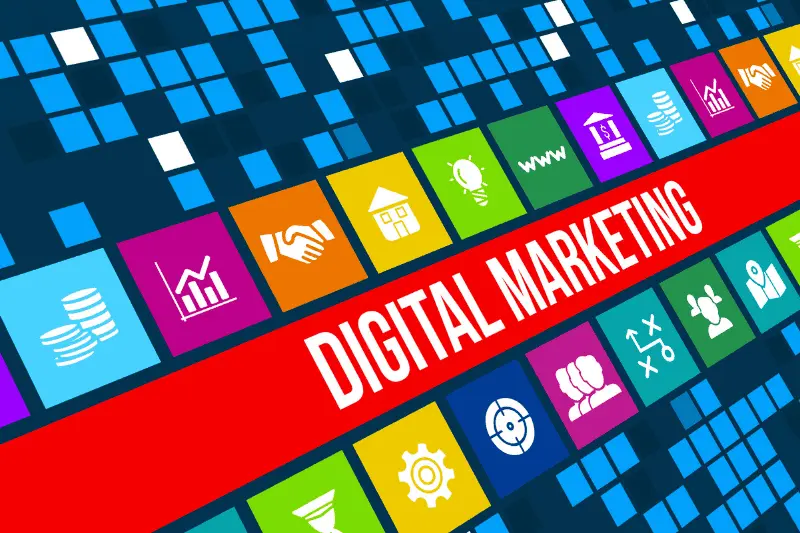In today’s fiercely competitive market, grasping consumer behavior and making informed, data-driven decisions are essential for businesses aiming for success. This is where marketing science becomes vital. Marketing science merges the creative aspects of marketing with scientific methods and analytics to refine marketing strategies, boost decision-making, and elevate overall business performance. Let’s dive into the intriguing realm of marketing science and examine its key elements.
The foundations of marketing science
- Marketing science: is founded on three key pillars: data collection, analysis, and application. These components collaborate to offer insights into consumer behavior, market trends, and the success of marketing campaigns.
- Data Collection: The initial step in marketing science involves collecting data. This data can encompass customer demographics, buying habits, online engagement, social media interactions, and beyond. Thanks to technological advancements, companies now have access to extensive data from multiple sources, including websites, mobile applications, and customer feedback.
- Data Analysis: After collecting the data, the next step is to analyze it to uncover valuable insights. This process includes applying statistical methods, utilizing machine learning algorithms, and employing data visualization tools to spot patterns, trends, and correlations. By grasping these insights, businesses can make well-informed decisions and adjust their marketing strategies to better align with consumer needs.
- Application: The final step is to apply the insights gained from data analysis to real-world marketing situations. This may include optimizing advertising campaigns, personalizing customer experiences, predicting future trends, and measuring the ROI of marketing initiatives. By utilizing data-driven insights, businesses can enhance their marketing effectiveness and achieve better outcomes.
Key components of marketing science
- Consumer Behavior: Understanding consumer behavior is fundamental to marketing science. By examining elements like buying habits, preferences, and motivations, companies can develop targeted marketing campaigns that truly connect with their audience.
- Market Research: Market research is the process of gathering and analyzing information about a particular market or industry. This enables businesses to spot opportunities, evaluate competitors, and make informed strategic choices.
- Predictive Analytics: Predictive analytics leverages historical data along with machine learning algorithms to predict future trends and behaviors. This approach enables businesses to better understand customer needs, refine pricing strategies, and allocate resources more efficiently.
- Segmentation and Targeting: Segmentation is the process of breaking down a market into specific groups of consumers who share similar traits. Targeting then aims to connect with these particular groups using customized marketing messages. By grasping the distinct needs of various segments, companies can develop more personalized and impactful marketing campaigns.
- Marketing Mix Modeling: Marketing mix modeling is a statistical method that assesses how various marketing efforts influence sales and return on investment (ROI). This approach enables businesses to distribute their marketing budget more effectively and enhance their overall return on investment.
Comparison of marketing science components
| Component | Description | Benefits |
|---|---|---|
| Consumer Behavior | Analysis of purchasing habits, preferences, and motivations | Create targeted campaigns, improve customer engagement |
| Market Research | Collecting and analyzing data about specific markets or industries | Identify opportunities, assess competition, make strategic decisions |
| Predictive Analytics | Using historical data and machine learning to forecast future trends | Anticipate customer needs, optimize pricing strategies, allocate resources effectively |
| Segmentation & Targeting | Dividing markets into distinct groups and focusing on reaching these groups with tailored messages | Create personalized and effective marketing campaigns |
| Marketing Mix Modeling | Evaluating the impact of different marketing activities on sales and ROI | Allocate marketing budget more efficiently, maximize return on investment |
The future of marketing science
As technology keeps advancing, the realm of marketing science is poised for even greater development. Artificial intelligence, big data, and sophisticated analytics will become crucial in comprehending consumer behavior and refining marketing strategies. Companies that leverage these technologies and embrace a data-driven mindset will be more equipped to outpace their competitors and foster growth.
Conclusion
Marketing science serves as a vital resource for businesses, allowing them to make well-informed decisions, enhance their marketing strategies, and achieve superior outcomes. By merging the creative aspects of marketing with scientific techniques and data analysis, companies can develop a more profound insight into their customers, refine their marketing approaches, and ultimately foster success. As this field progresses, the future of marketing science promises significant opportunities for innovation and expansion.








Leave a Reply